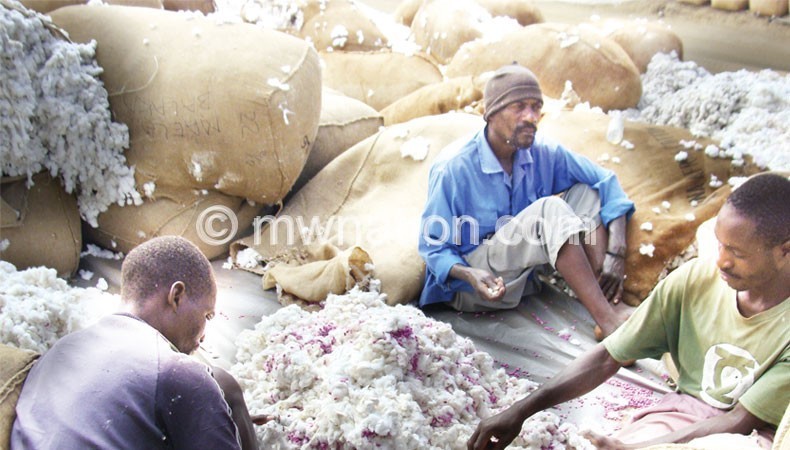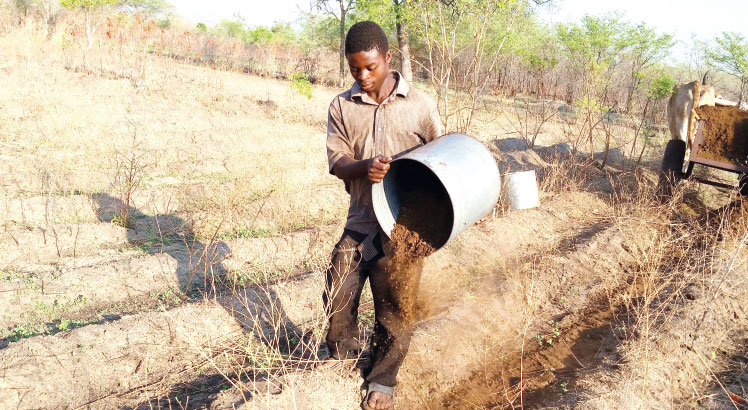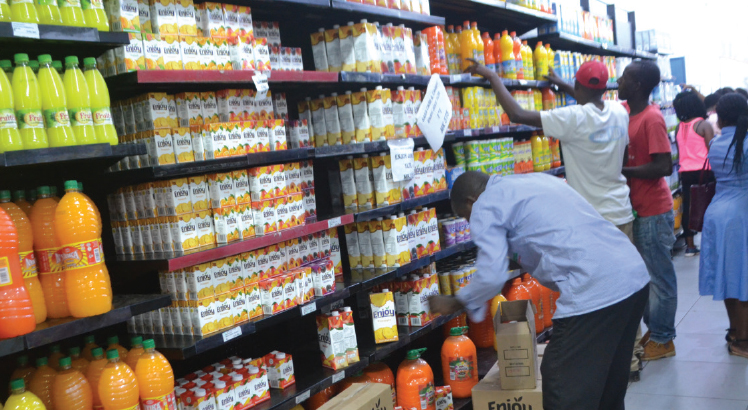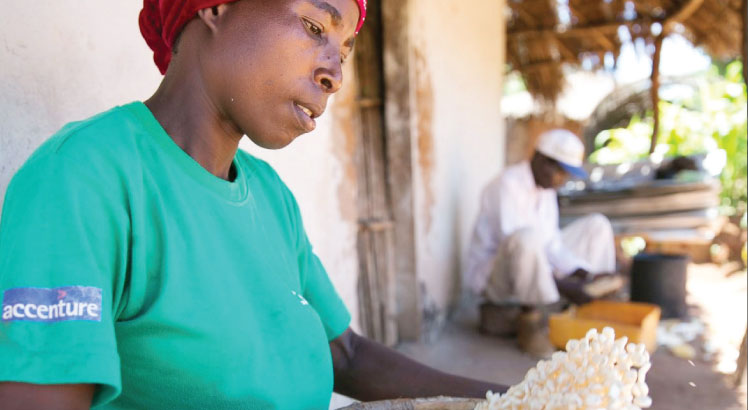Cotton council to resolve mess in sector
The Cotton Council, a regulatory and policymaking organ to guide and protect cotton players, will help in the review of the existing Cotton Act, which is no longer relevant, board chairperson Patrick Khembo has said.
However, the establishment of the secretariat of council awaits allocation of funds, he said.
The cotton sector has over the past few years been guided by the Cotton Development Trust (CDT), a public private partnership body, that was managing a K1.6 billion cotton fund approved by Parliament in 2010/11 fiscal year, which was meant to be revolving to help cotton farmers buy inputs.
Khembo said yesterday that an operational cotton council would review the existing Cotton Act.
“We are optimistic that once everything is put in place and the council is fully operational, some petty issues that are currently surrounding the cotton sector will come to an end,” he said.
Khembo, however, attributed the delay to establish the secretariat to lack of money.
“We are waiting for Parliament to pass the budget with optimism and that they will spare and allocate resources to the council so that we establish the secretariat, which has already been identified,” he said.
Khembo said the board of governing the council consists, among others, a representative of cotton farmers, ginners, input suppliers and representatives from the ministries of Agriculture, Finance and Justice.
Commenting on the cotton sales which are underway, Khembo said despite the crop output being affected by harsh weather pattern that the country experienced during the growing season, the sales are currently going well.
“This season’s seed cotton sales volumes are likely to be lower than last year due to the shaky start of the rainy season followed by the intense rainfall over a short period, then followed by a dry spell at the critical period,” he said.
Government set minimum price at K190 per kilogramme (kg) and K165 per kg for the first grade and second grade respectively, but the price is going up to K220 per kg in some parts of the country.
Khembo warned against buying the crop from the farmers before the start of the season, which results is unfair trading in terms of pricing, saying the council will put strict policies to curb such malpractices in the next season.
Cotton, mainly grown by smallholder farmers, is the main cash crop for about 300 000 families. The crop is mainly grown in the Shire Valley districts of Chikwawa and Nsanje and along the lakeshore.
In the 2011/12 season, the country produced a record 100 000 metric tonnes of cotton before output fell by half to 45 000 metric tonnes the following year.
Last year, the crop output was at 45 000 metric tonnes and this year, experts say the output is likely to fall to between 30 000 and 40 000 metric tonnes.





